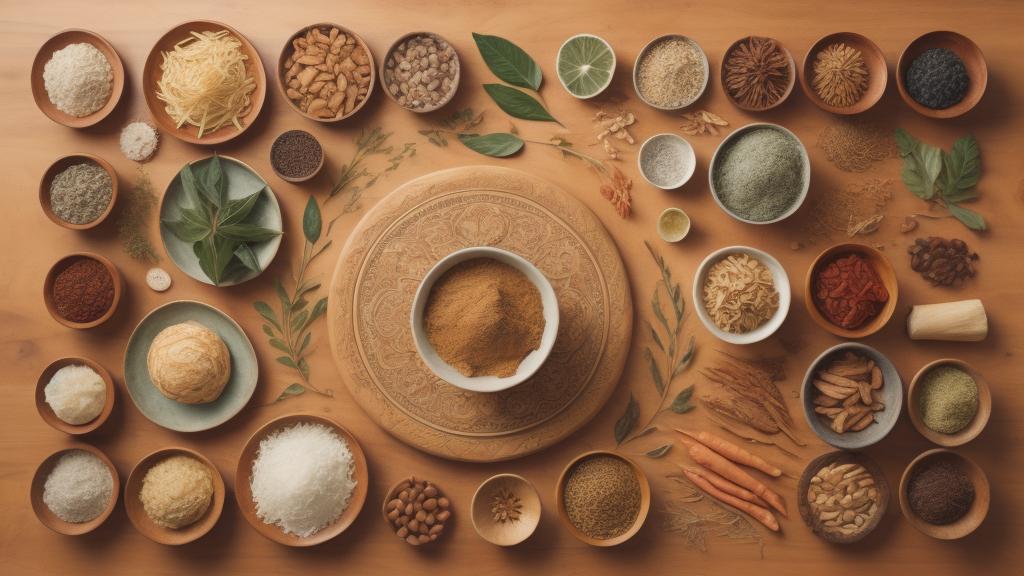The intersection between ancient wisdom and modern wellness is a rich tapestry waiting to be explored. For centuries, humanity has turned to ancient practices—from Ayurveda and traditional Chinese medicine to Native American rituals—for healing and wellbeing. Yet, as we advance technologically, these age-old practices seem more relevant than ever. They don’t just survive but thrive, adapting to our current understanding of health and wellness.
Ayurveda, for example, predates many modern medical systems, yet it continues to be a cornerstone of holistic health. The principles of balancing the mind, body, and spirit integrate seamlessly into today's wellness trends. Modern yoga practice, mindful eating, and even biohacking owe much to this ancient system. The rebirth of Ayurvedic wisdom in Western wellness circles signifies a growing respect for traditions that have withstood the test of time.
Likewise, traditional Chinese medicine (TCM) offers insights that seem almost tailored for our current health challenges. Concepts like Qi (vital energy) and the balance of Yin and Yang resonate with modern ideas about energy balance and stress management. Acupuncture, herbal treatments, and Tai Chi have all found new homes within modern health practices. These methods, though ancient, offer alternative solutions where conventional medicine may fall short, providing holistic pathways to wellness.
Native American rituals also have a profound impact on contemporary wellness philosophies. The sacred practices of smudging, sweat lodges, and connection with nature serve as reminders of humanity’s intrinsic bond with the Earth. These rituals encourage mindfulness, a principle now deeply embedded in various modern therapeutic methods. On a subtler level, they offer a framework for living harmoniously with the environment, a lesson increasingly urgent in our climate-troubled world.
Moving away from the strictly medicinal, the philosophies behind ancient wisdom bring more than prescriptions for physical health. They offer a holistic approach to living well. Meditation, an ancient practice shared by cultures worldwide, is now commonly accepted for its mental health benefits. Science validates what the ancients knew: mindfulness meditation can reduce stress, improve concentration, and even alter the brain’s structure. By integrating these practices into our daily routines, we tap into a deep well of knowledge, turning ancient keys to unlock modern wellness.
Moreover, the marriage of ancient wisdom and modern technology creates novel landscapes in health and wellness. Take the rise of wearable technology designed to monitor vital signs and sleep patterns. When combined with the wisdom gleaned from ancient practices, this technology becomes more than a gadget; it transforms into a guide that helps us connect more deeply with our bodies. Such innovations underline the timeless nature of ancient insights, proving their relevance even in our tech-driven age.
It is also essential to understand that the blending of these practices is not a mere trend but a profound shift in our collective consciousness. People are increasingly recognizing the limits of a purely scientific approach to health, turning towards more integrative models. Yoga studios and meditation centers are as common in urban landscapes as gyms and hospitals. Online platforms and apps facilitate easier access to these ancient practices, democratizing wisdom that was once hard to come by.
Critically, though, as we incorporate these ancient practices, we must do so with respect and authenticity. Cultural appropriation is a real and pressing concern. As we embrace ancient wisdom, we must honor the roots from which these practices spring. Engaging with cultural traditions responsibly involves not just adopting practices but also understanding their origins and respecting their complexities.
In sum, integrating ancient wisdom into modern wellness is more than a nod to tradition; it’s a symbiotic relationship that enriches our lives. These practices persist not because they are stuck in time but because they have a timeless quality that evolves with us. By weaving the old with the new, we create a fabric of wellness that is robust, adaptable, and sustainable. This harmonious blend offers a holistic model of health, one that addresses the multiplicity of human experience—mind, body, and spirit. So, as we stride forward, let us take the ancient wisdom with us, not as relics of the past but as indispensable companions for our future.
The hidden connections: ancient wisdom and modern wellness

